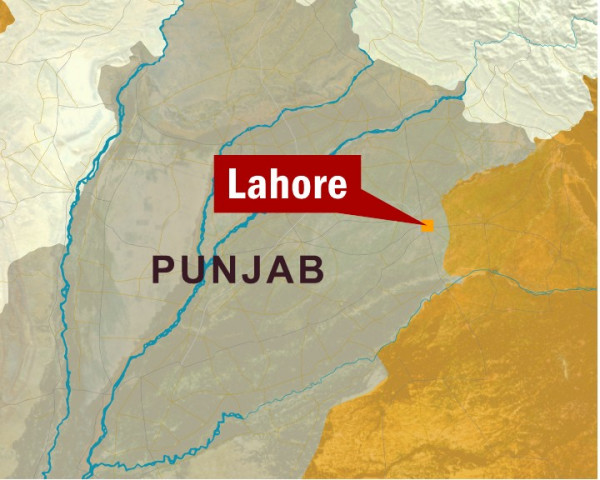Investor confidence lacking in transport sector
Poor infrastructure and an influential transport mafia cited as stumbling blocks.

Investor confidence lacking in transport sector
Four foreign investors interested in investing in the public transport sector have so far given briefings to the chief minister (CM).
None of them, however, has agreed to invest after observing the ground reality and analysing the economic feasibility of the sector. Local investors share similar concerns and fear that the infrastructure has been hijacked by a transport mafia leaving no space for any new entrant.
On the basis of the Lahore Transport Company’s (LTC) proposal, the government has capped the subsidy of diesel-run and CNG-run buses at Rs1 million and Rs1.20 million respectively, to avoid over invoicing and the misuse of the subsidies, an official of the Finance Department said. The Finance Department had allocated Rs1 billion in the 2010-11 budget to provide subsidy at the rate of 20 per cent on the purchase price of bus.
Chaudhry Pervez Elahi’s government had hoped to introduce an environment-friendly bus service to replace the existing buses in phases. The new PML-N led government said it would launch the project on war footings. CM Shahbaz Sharif announced a 25 per cent subsidy on every CNG bus and a memorandum of understanding (MoU), to bring 300 buses by June 2009, was signed with five investors.
The government planned to import 2,500 CNG buses for the city and as many for the rest of the province for public transport within two years beginning from January 2009.
The government established the LTC and hired Tasneem Noorani, a retired bureaucrat, as the chairperson. Rs35 billion was to be paid in the subsidy on the new buses.
Till June 2009, the investors had brought only 31 buses that too after the Transport Department pushed them saying that the CM wanted to inaugurate the project without delay.
After a tussle between the LTC and the Transport Department, the investors refused to invest further in CNG buses, alleging that the city’s regulatory mechanism had been “taken over by a mafia.”
The Transport Department, then, signed an MoU with a Chinese company for the import of 2,000 buses. The MoU was revoked following allegations that it was not in the public’s interest.
In 2010, a decision was made to import 300 diesel fuel buses for public transport as an interim arrangement. Noorani started negotiations with investors to bring these buses.
Investors, both local and foreign, claimed they were in a bind as the regulatory system had been hijacked by a mafia. A Transport Department official said that roads had been taken over by motorcycle rikshaws and mini-wagons so that the new investment would be at risk. Buses required a much larger investment than these vehicles, he added.
Noorani said the government was making efforts to restore the confidence of investors with a commitment to remove all bottlenecks. He said only authorised transporters would be allowed to operate on identified routes and all illegal vehicles would be removed from roads. He said some investors were reluctant to invest as they felt the sector had been highly mismanaged in the past and had poor infrastructure.
Noorani said that the LTC had signed an agreement with two investors and diesel buses would be on the roads within two months. He added the delay was due to the production capacity of the manufacturers.
Malik Maqbool, who imported 31 CNG buses recently, said that the roads were occupied by motorcycle rikshaws and mini-wagons backed by an influential mafia. He alleged that government officials got a share of their earnings. The Transport Department had no control over the transport plying on the road in Lahore, he added.
Maqbool said that Noorani was making futile efforts to motivate investors.
Published in The Express Tribune, October 23rd, 2010.



















COMMENTS
Comments are moderated and generally will be posted if they are on-topic and not abusive.
For more information, please see our Comments FAQ